Cannabis not your Spiritual Ally?
You say cannabis is not your spiritual ally? You could be right of course and thus end of discussion. The sacred herb doesn’t sit well with some folks, and I’m not referring to psychedelaphobes, I’m referring to people well experienced with etheogenic plants and substances. I know people who are fully capable of navigating deep waters with medicines like ayahuasca and LSD, to take two specific examples I’ve encountered, but who are decidedly not on friendly terms with cannabis.
I’m very curious about this phenomenon. Cannabis has an ancient, widespread history of beneficial spiritual use that continues today in a variety of cultures and subcultures. To take just a few contemporary examples, spiritual use of cannabis is active: in India among a great many followers of Shiva, the Lord of Bhang; among Rastafarians in Jamaica and elsewhere; with many members of the ayahuasca church Santo Daimé; and of course with those of us individually and in small collectives working to rehabilitate this ancient and important relationship.
A Tentative Hypothesis
As I said off the top, it could just be that cannabis doesn’t suit some otherwise well-grounded and courageous psychonauts, not to mention others without such experience. But I haven’t felt inclined to leave the question there. Though I have no way to prove my tentative hypothesis, I have the sneaking suspicion that at least in the case of a lot of those folks, the problem has been the way they have worked with the plant. Or maybe more to the point, they way they have not worked with cannabis. Allow me to explain.
The panic when we resist is like holding on to the last garment being pulled off us. We are naked before pot, and what we see first is ourselves. – Jeremy Wolff.
Cannabis can act as a mirror, it can cut through the self-comforting narratives we’ve pieced together over the years, shine a direct light on vulnerable truths, and expose a more genuine, less guarded self that’s normally obscured just below the surface of our stories of who we are and how we deal with the life around us. This kind of exposure can shake our composure. A friend called it embarrassing but it can be more extreme than that. It can be humiliating, shocking even, and confidence rattling.
Challenging Ego’s Fortress
Time for a little Buddhist primer (though any Buddhist worth his or her Himalayan rock salt wouldn’t claim proprietary knowledge of such matters.) The ego is that function in us whose sole purpose and persistent effort is to protect the system, this story of self. Anything that threatens the integrity and safety of ego’s fortress is regarded as just that, a threat. The ego instinctively kicks in to ward off threats—and has some exceedingly clever strategies for doing so, but I’ll leave that thread hanging for the time being.
The path involves moment to moment recognition of ego’s strategies, which arise into consciousness as thoughts—including “emotional” thoughts—often residing in background programs as stories already formed and fixed. Buddhist teachings counsel us to sit still and watch these thoughtforms bubble up from the shadows, gradually coming to see them as just that, vaporous constructions that have no essential substance and can be released, no matter how many times we need to repeat the process of recognition and letting go into non-thought presence.
Come, come, whoever you area. Wanderer, worshipper, lover of leaving. It doesn’t matter. Ours is not a caravan of despair. Come, even if you have broken your vows a thousand times. Come yet again, come, come.” – Rumi
Continuing with this hypothesis, it can be distressing, even depressing, to face the little system-destabilizing truth bombs sometimes precipitated by cannabis. We can get caught in—as the Alcoholics Anonymous folks have called—”stinkin’ thinkin’.” Self-doubt can come up, even paranoia. My online dictionary defines paranoia as “a mental condition characterized by delusions of persecution, unwarranted jealousy, or exaggerated self-importance . . .” Note the focus on “Me” implied in that definition.
A Dose of Reality
Cannabis not only puts little lights around the mirror, it amplifies. You can lose perspective. Thoughts take on exaggerated importance, (self-importance.) An example: One person of my acquaintance, also a well-traveled psychonaut, told me the reason she didn’t like cannabis and hadn’t used it in many years was because one time she got high and had to swim across a body of water she had frequently traversed without a second thought. But this time she suddenly felt a distinct loss of confidence in her ability. Again, please note that this doubt arose in thought. Dr. Gray’s diagnosis is that it was an attack of psychological vulnerability unconsciously projected outward.
In the interest of brevity, I’ll spare you the numerous other somewhat similar examples I’ve encountered. In the forthcoming Cannabis and Spirituality book I tell a story about one of my own humbling, depressing, and ultimately highly instructive and salutary experiences with the herb, but it’s too long for this context so please stay tuned til the book comes out, hopefully some time in 2015. I’ll just say here that under the influence of some strong orally-ingested cannabis, I could not find the trusty persona with which I thought I generally made a respectable enough impression on those around me. This state of affairs left me feeling small and utterly transparent, a depressing experience indeed.
Creating an Effective ‘Container’
There are no doubt other reasons people don’t like cannabis. Here I’ll discuss the issues I’ve raised above. It may be that cannabis use doesn’t need to be written off by many of those for whom it hasn’t felt beneficial. Again, the problem may be how it’s encountered, that is, what you do with those kinds of discombobulating thoughts and how you harmonize, or not, with the energies stimulated in the embrace of cannabis.
Under the influence of shamanic power songs and special breathing techniques, embedded in a ritual context, hemp produces a more profound, more comprehensive, and more focused effect…The respect that we bring to a plant as teacher also determines the quality of that which it is able to reveal to us. – Helmut Christof
The proposal here is that one needs to take a meditator’s approach to cannabis use. Cannabis amplifies, cannabis can clarify, cannabis can open channels in the brain and heart, cannabis is experienced in the body. I’ve shared cannabis ceremonies with a number of people who arrived with the kind of baggage I’ve been referring to, people who felt at some point in the past that the plant wasn’t helpful in their lives. The one common factor in each of these cases is that they had never really created a container and practices to channel the energy into non-thought presence. In the context of a well-constructed ritual container, with intention and a variety of meditative practices, these people typically have eye-opening experiences and make comments about how they had no idea what a beautiful and powerful plant medicine this cannabis is.
Getting Out of Your Own Way
Cannabis does its best spiritual healing and awakening work when you get out of the way, give it your full attention, and employ some sort of disciplined practice that helps you see thoughts arise, not attach to them, and release them with the outgoing breath. That’s when you may discover cannabis’ great gifts as a medicine for the spirit. Your thoughts can go any which way. Buddhist meditation teachings say not to grant praise or blame to the thoughts, just allow them to come and go without any judgement or struggle. But cannabis has a felt, non-conceptual energy that when allowed a clear path can bring with it a marvelously bracing clarity and sweet, tender-hearted beauty.
I’ll give the last word on this to Joe Rogan.
What you are afraid of with weed is what we all need. We all need a little humility, we all need to be terrified by the Matrix, we all need a view of the great beyond, and what weed gives you is a terrifying feeling of your mortality, it gives you a feeling of insecurity, a feeling of what you call paranoia, but what it is is you drop all the blinders around you and you realize how ridiculous this proposition is. We are just one part of a universe that has no end. We’re a part of it, we’re floating in it, we’re only here for a little bit, and we don’t know what we’re doing.


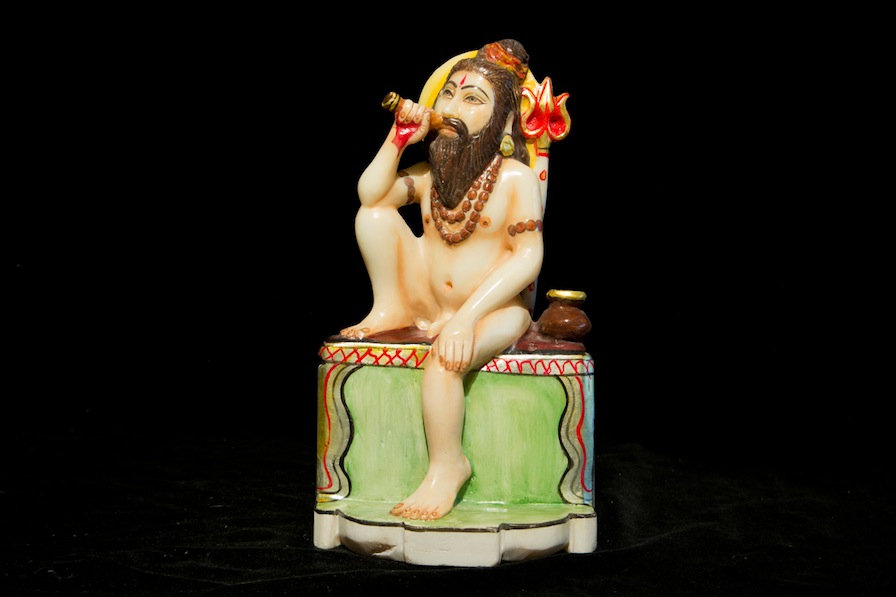
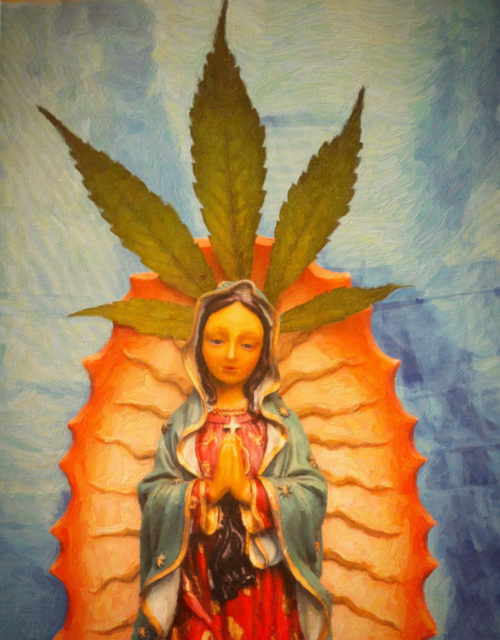
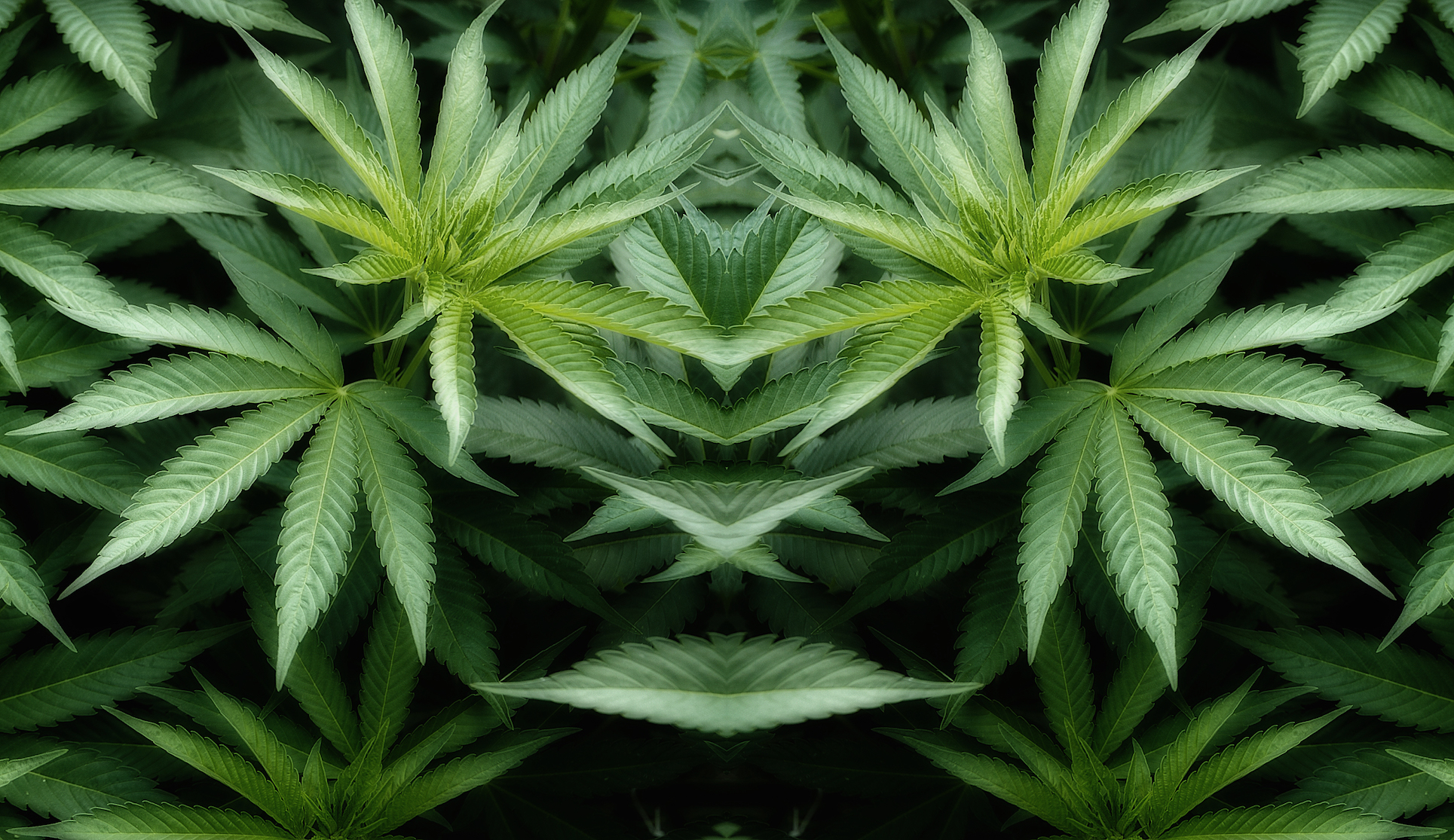

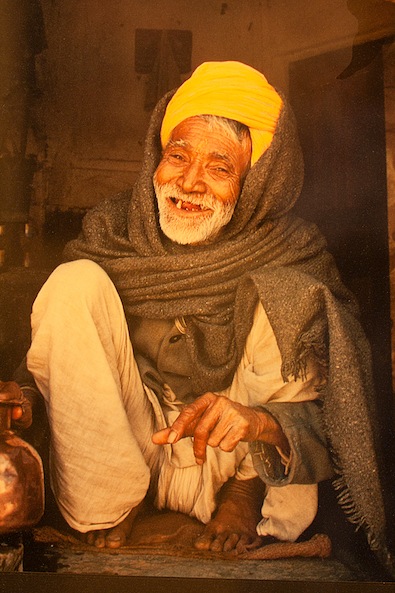



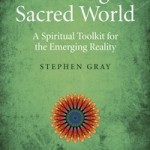
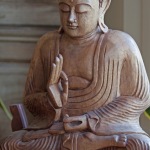
Leave a Reply
Want to join the discussion?Feel free to contribute!